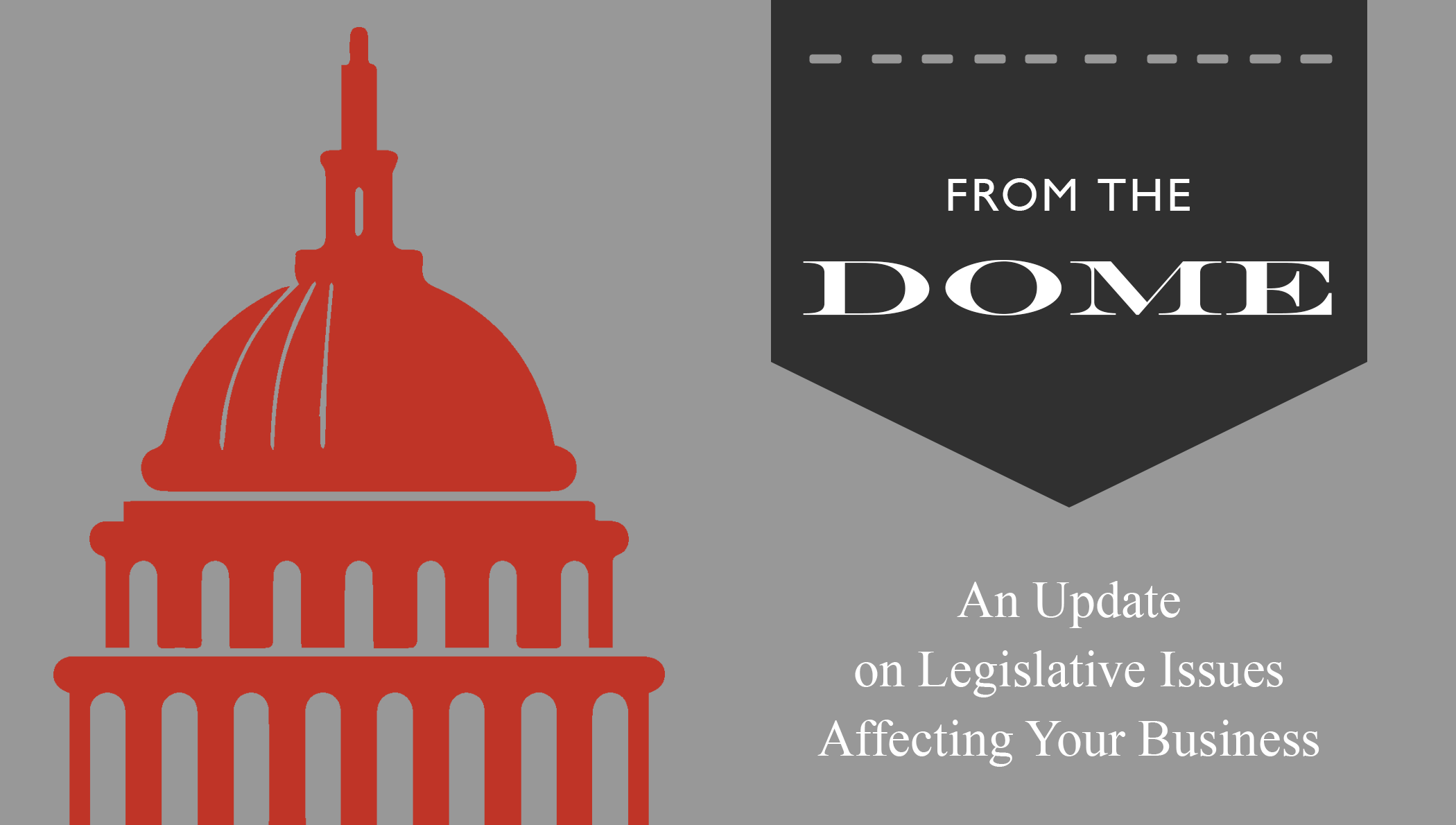 Last week Governor Dayton signed into law SF 1, bipartisan legislation providing a premium relief to those buying health insurance in the individual health insurance market in 2017. While providing relief to the individual market was certainly the focus of the legislation, the bill also included important Minnesota Chamber-backed provisions for small employers which are outlined below.
Last week Governor Dayton signed into law SF 1, bipartisan legislation providing a premium relief to those buying health insurance in the individual health insurance market in 2017. While providing relief to the individual market was certainly the focus of the legislation, the bill also included important Minnesota Chamber-backed provisions for small employers which are outlined below.
Increased access to self-insuring for small employers
SF 1 includes provisions making it easier for small employers in Minnesota to consider self-insuring their health plan offerings. Most large employers self-insure, rather than buying health insurance for their employees. This gives them more flexibility over plan design and more control over costs. Self-insuring does entail risk for the employer, and so most small employers use stop loss coverage to help manage the financial risks associated with self-insuring. The Chamber successfully advocated for the inclusion of provisions in SF 1 to remove the artificial distinction that’s currently in place in statute between small employers and larger employers that limits small employers’ access to only certain types of stop loss insurance, which often requires them to take on greater financial risk to self-insure than a larger employer. The changes in SF 1 will allow small employers to take on the same proportional risk as large employers, leveling the playing field for those small employers who’d like to consider using stop loss coverage to self-insure.
Pre-Tax Defined Contribution Arrangements
With the passage of the Affordable Care Act, any small employer who attempted to set up defined contribution arrangements to help employees buy individual health insurance plans had to do so with after-tax dollars. This required both the employee and the employer to pay a premium for the individual health insurance plans employees purchased. In December 2016, Congress passed legislation allowing small employers to use Health Reimbursement Arrangements (HRAs) to help employees purchase individual health insurance with pre-tax dollars. In order for small employers in Minnesota to take advantage of this new change in federal law, however, changes were needed in Minnesota statute. The Chamber successfully advocated for inclusion of these changes as part of SF 1.
As you consider how best to continue your commitment to supporting the health and well-being of your employees and their families, talk to your broker or benefits advisor about whether these new coverage options are the right fit for you. You can find a list of GMG’s members in this area aquí.




